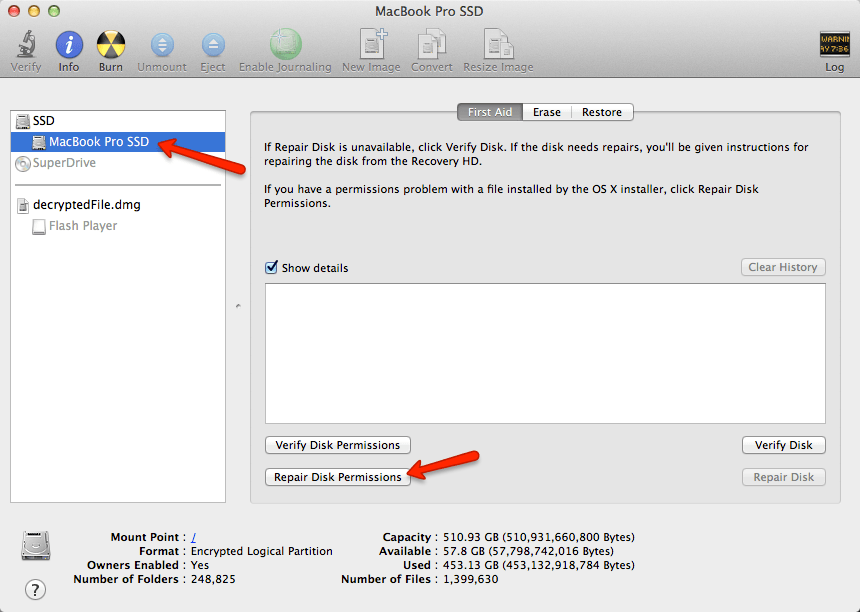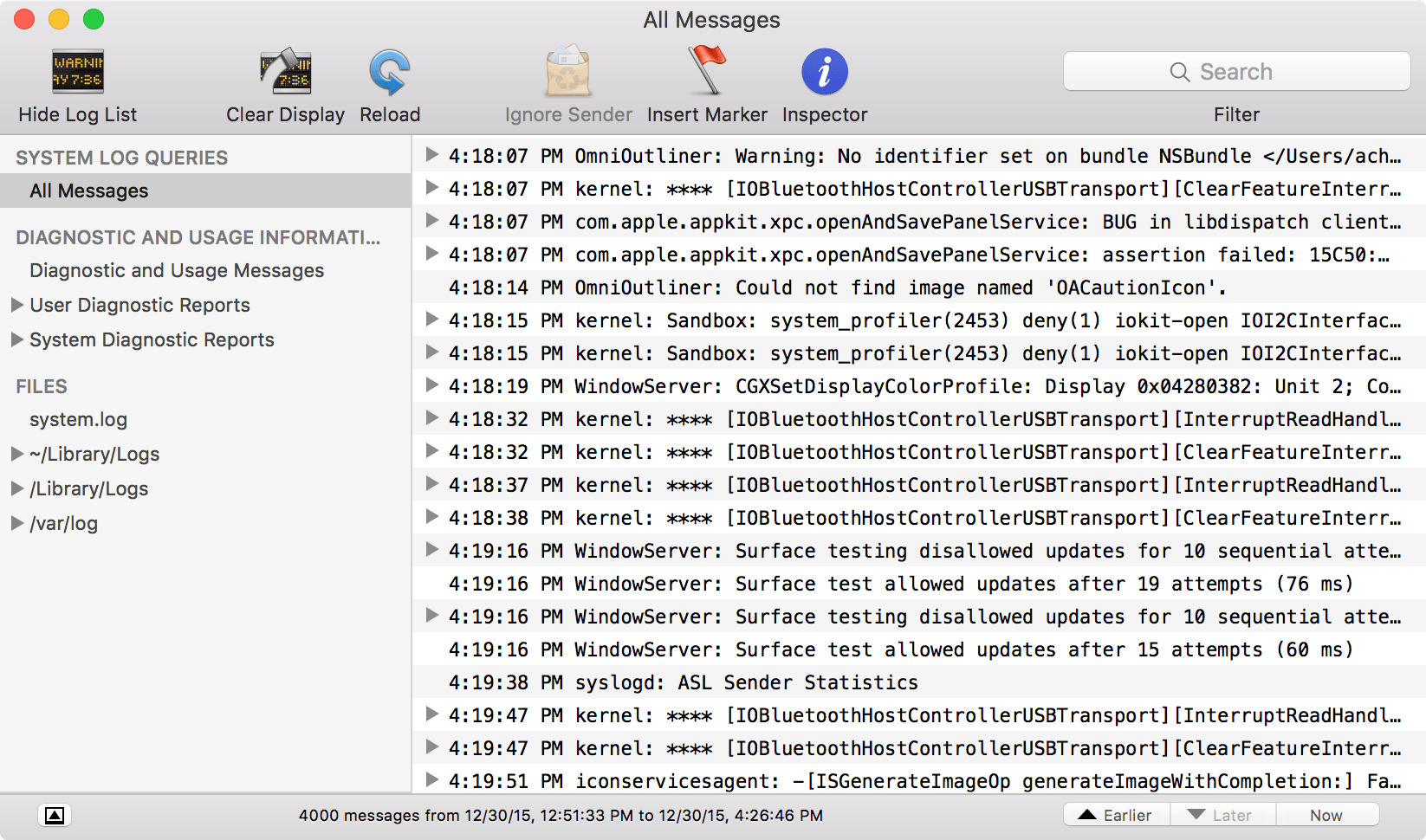

- #Log for checking application install history on mac android
- #Log for checking application install history on mac password
- #Log for checking application install history on mac license
More info See in Glossary interface for getting logs from Android. Unity currently supports three UI systems.
#Log for checking application install history on mac android
You can also get Android Logcat package via Package Manager, which provides UI (User Interface) Allows a user to interact with your application. To use it, launch the adb application in the Android SDK/platform-tools directory with the logcat parameter: Use the logcat console to access your device log. See the documentation on Troubleshooting and Reporting crash bugs for information about debugging crashes and issues. The latter is useful for getting crashlogs when your application is not running through the XCode debugger. iOSĪccess the device log in XCode via the GDB console or the Organizer Console. For more information, see the Command line arguments documentation. On Windows and Linux standalones, you can change the location of the log file, or stop Unity from logging to it. %USERPROFILE%\AppData\LocalLow\CompanyName\ProductName\Player.log ~/Library/Logs/Company Name/Product Name/Player.log ~/.config/unit圓d/CompanyName/ProductName/Player.log You can also navigate to the following folder: Operating system To view the Player log, open a Console Window (menu: Window > General > Console) and select Open Player Log from the Console window menu.

To view the Editor log, open a Console Window (menu: Window > General > Console) and select Open Editor Log from the Console window menu. You can also use the Console.app utility from your /Applications/Utilities folder to find the log file. To view the Package Manager log, navigate to the Unity log folder: Operating system See below for more information on where to find the logs. On Windows, the Package Manager and Editor logs are placed in folders which are not shown in the Windows Explorer by default.

On macOS, you can access the Player, Package Manager, and Editor logs through the Console.app utility. You can write your own messages to the Console and log files using the Debug class.

More info See in Glossary in the Editor are also written to these log files. The log files are useful when you have experienced a problem, to find out exactly where the problem occurred.Īll messages, warnings, and errors written to the Console window A Unity Editor window that shows errors, warnings and other messages generated by Unity, or your own scripts.
#Log for checking application install history on mac license
View the m圜ricket app End User License Agreement.There might be times during development when you need to get information from the logs of the standalone player you’ve built, the target device, the Package Manager or the Editor. But don't worry, we make it easy by sending a text message with the link to the app when you activate your device. You'll need to install the app for Apple devices, or if you brought your own device. The app is already installed on Android devices purchased from Cricket. By default, account PIN security is set to off. Additionally, they can turn on account PIN security to limit other users from making certain account changes or purchases.
#Log for checking application install history on mac password
The main account holder can choose to share the account username and password to allow other lines to view account information. You can manage your Cricket account on the go with the m圜ricket app.Įach person can use the m圜ricket app on their phone, logging in with the account username and password. The m圜ricket App lets you make payments, check data, view usage, change your plan, or add features.


 0 kommentar(er)
0 kommentar(er)
